
July 12, 2022
Ma awarded patent for second generation Burnout coffee mug
A new coffee mug on the market instantly cools boiling liquids to the ideal drinking temperature, the second generation of the Burnout mug.
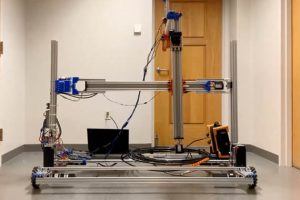
June 28, 2022
Engineers develop robot to automatically inspect heat exchangers
A Mizzou Engineering team is designing a robot that can automatically inspect heat exchangers, which are critical to generating electricity.

June 2, 2022
Heart of the matter: Oliver part of team devising new way to detect heart disease
PhD student Maggie Oliver is part of a team working on a novel way to detect heart disease. Heart disease remains the leading cause of death in the U.S., many times claiming its victims without warning. Maggie Oliver, a PhD student in mechanical engineering, hopes to help to change that. She’s working with Noah Manring, Dean of the College of Engineering and Ketcham Professor, and Dr. Senthil Kumar from University of Missouri Hospital on research that would make it easier to uncover signs of cardiovascular problems. For Oliver, the work is personal. “My grandma actually died of a…
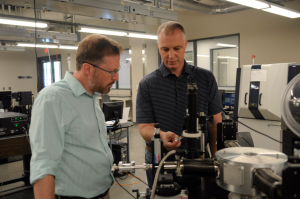
May 17, 2022
How to build an ‘explainable AI’ framework to speed up the innovation process
A nearly $4.9 million grant from the U.S. Army Engineer Research and Development Center (ERDC) is supporting the project by University of Missouri engineers.
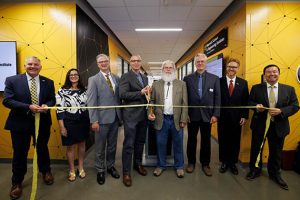
May 13, 2022
Mizzou celebrates opening of MU Materials Science & Engineering Institute
A new institute at Mizzou will advance collaboration around materials research and education across campus. University and College leaders celebrated the grand opening of the MU Materials Science & Engineering Institute (MUMSEI) at a symposium and ribbon cutting event on Friday.

May 10, 2022
Engineering faculty recognized for patents that take research to market
When Mizzou Engineering’s top faculty aren’t teaching the next generation of engineers, they’re busy collaborating with medical, plant science and other researchers across campus to make life better for the rest of us.
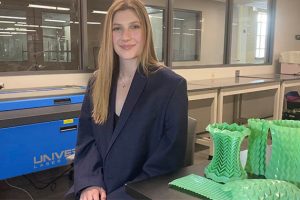
April 14, 2022
Mizzou Engineer earns merit award at MU Visual Art & Design Showcase
Emily Werner, a senior in mechanical engineering, proved just how artistic the field can be when she recently won an Award of Merit in Applied Design at MU’s Visual Art and Design Showcase.

Feb. 17, 2022
Mizzou Engineer proposes new guidance law for landing on Mars
Landing a spacecraft on Mars isn’t an easy feat. According to NASA, only about 40 percent of all Mars missions have succeeded, because it requires a vehicle to go from 12,500 miles per hour to zero in a short amount of time while adjusting for heat, pressure and other constraints. Now, a Mizzou Engineer is proposing a new landing strategy that could be more efficient and effective than current methods.

Jan. 5, 2022
Team creating system to monitor vital signs, alert patients
A Mizzou Engineering team is developing a system that will monitor vital signs and may someday be able to alert people when they need to seek medical care.
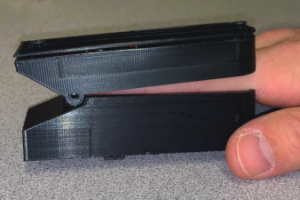
Jan. 4, 2022
Custom finger clip offers a new way to measure blood pressure, other vitals
Researchers are customizing a commercial finger clip device to provide a rapid, noninvasive way for measuring and continually monitoring blood pressure.